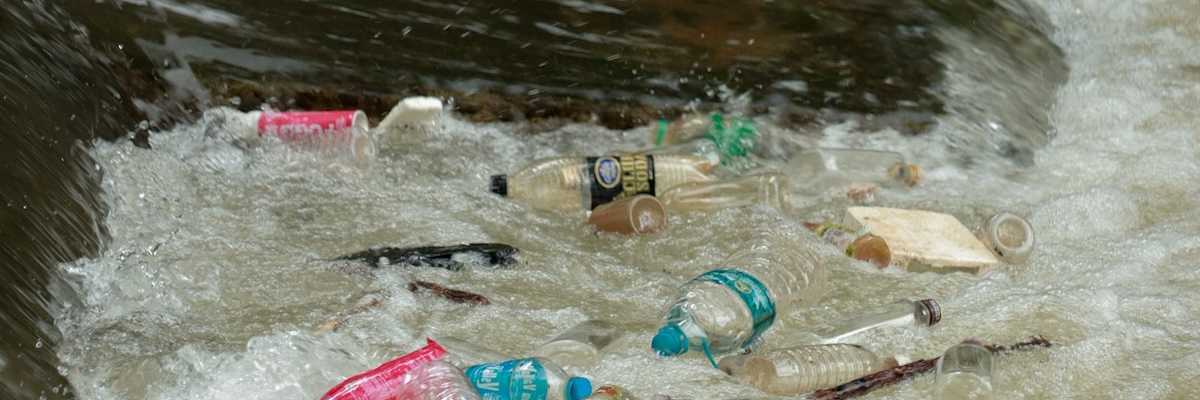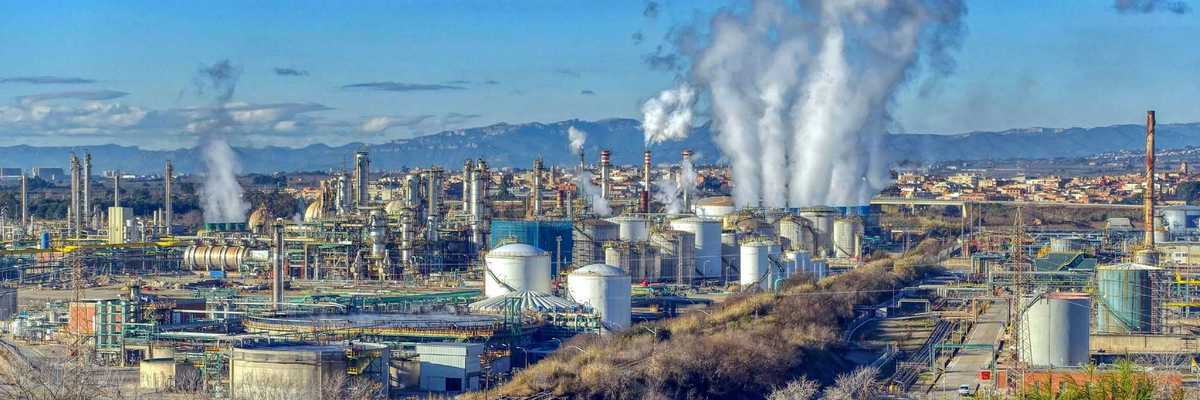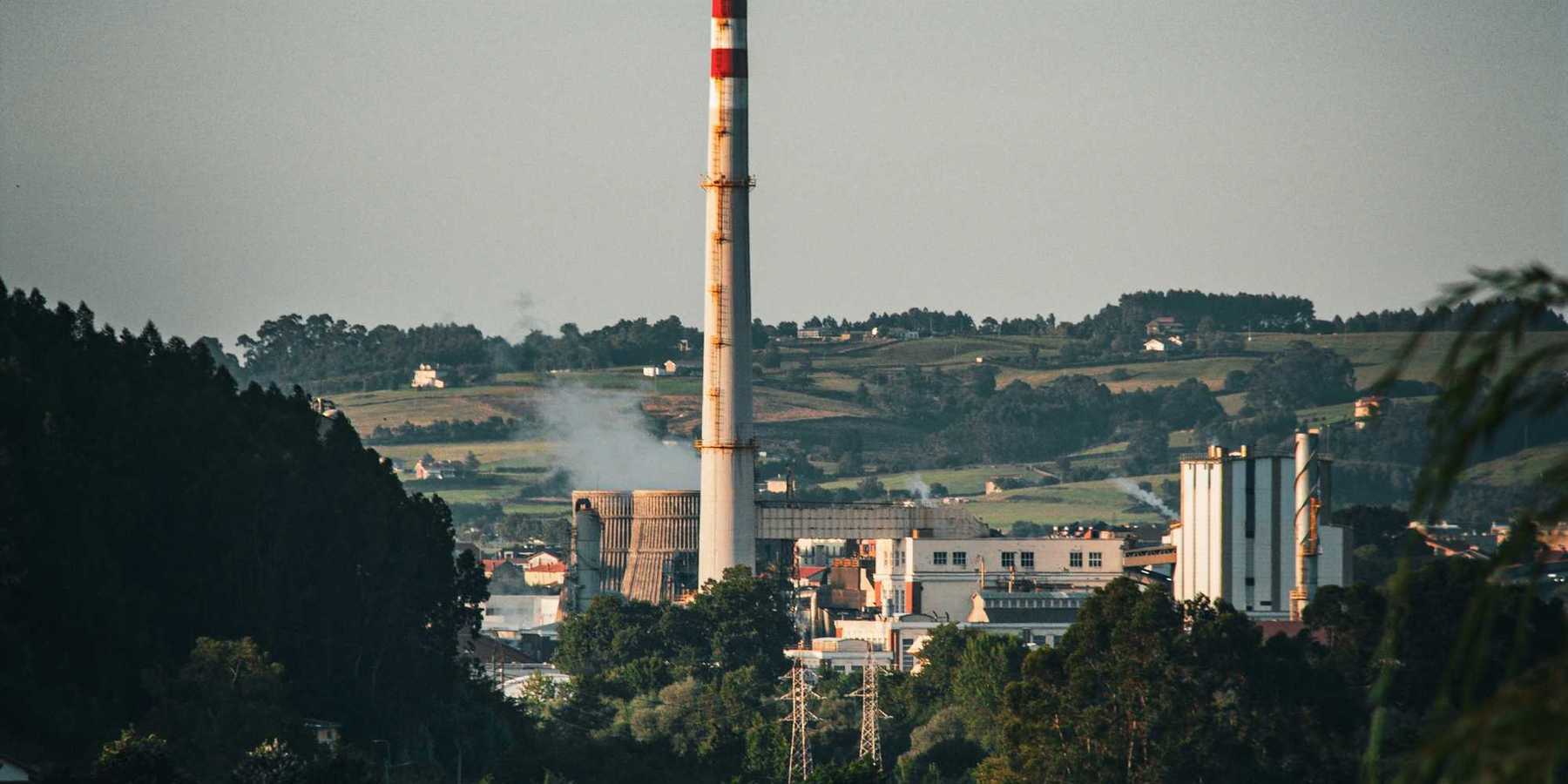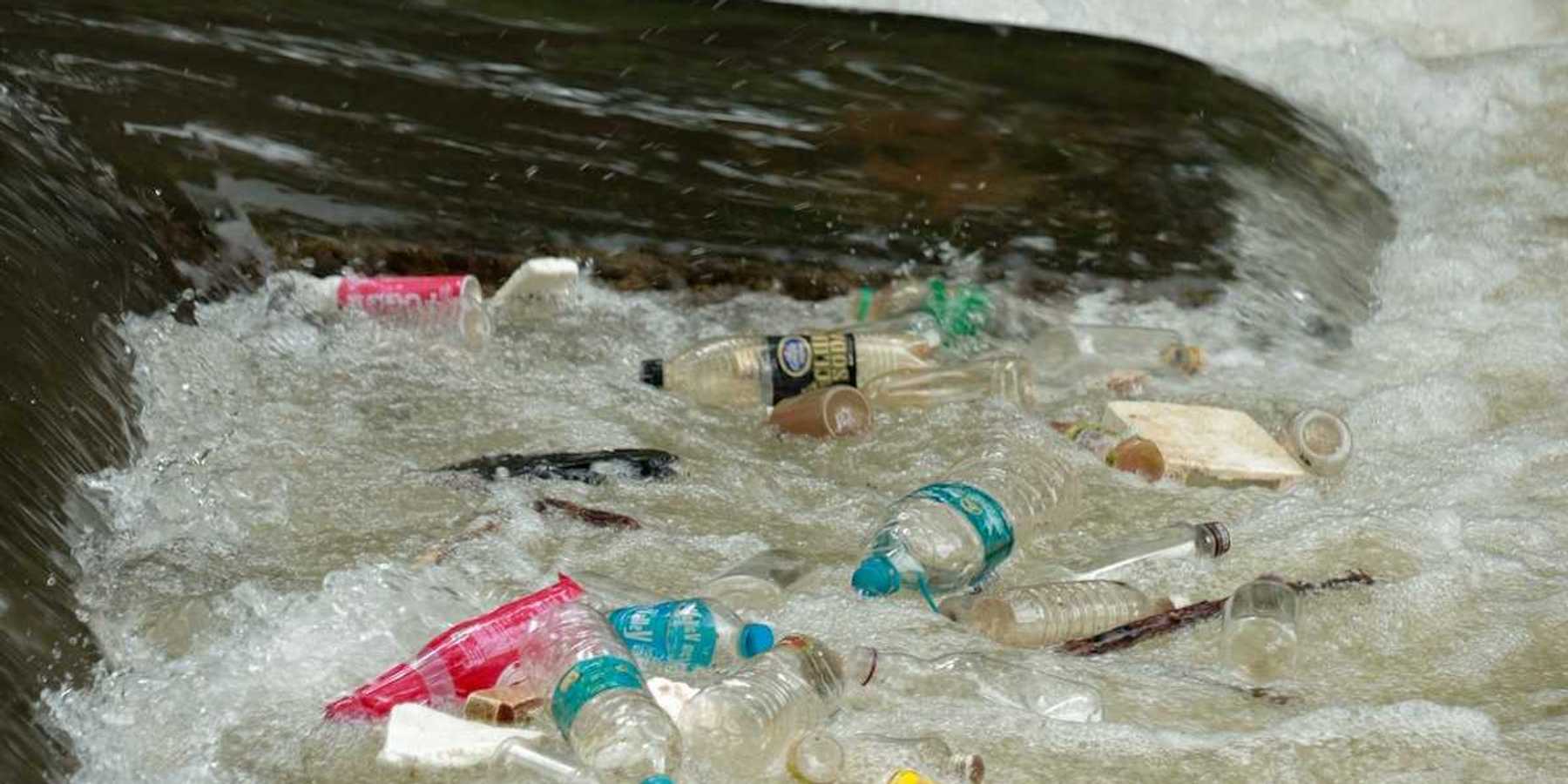wyoming
Worst snow drought in decades grips much of Western US
Carbon removal project in Wyoming halted due to clean energy shortages
A major direct air capture project in Wyoming has been paused after its developers struggled to secure enough emissions-free power, raising concerns about the future of carbon removal technologies.
In short:
- Project Bison, aimed to remove 5 million tons of CO2 yearly by 2030, is on hold due to limited clean energy availability.
- The rise of AI data centers and cryptocurrency operations has increased competition for renewable power in Wyoming.
- Wyoming's governor remains committed to carbon removal, despite the project's relocation outside the state.
Key quote:
“We’ve seen growing competition for clean power amongst industries that are emerging much faster than anybody would have ever predicted.”
— Adrian Corless, CEO of CarbonCapture
Why this matters:
Direct air capture is seen as a vital tool to combat climate change, but the difficulties in finding sufficient clean energy for such projects signal potential obstacles to scaling these technologies. Without clean power, the carbon removal benefits are limited.
Read more: Bill Gates begins groundbreaking nuclear project in Wyoming
Wyoming hesitates to embrace solar energy despite its potential
Wyoming has the ideal conditions for solar energy, yet its development lags behind due to political and economic ties to fossil fuels.
In short:
- Wyoming receives ample sunlight, but only two utility-scale solar farms currently operate in the state.
- The state's economy and policies are heavily influenced by the coal industry, creating barriers to solar energy adoption.
- Four large solar projects are in development, potentially increasing the state’s solar capacity significantly.
Key quote:
“There is economic development happening at a really large scale in surrounding states that is much reduced here.”
— Scott Kane, solar company co-founder
Why this matters:
Expanding solar energy in Wyoming could diversify its economy, reduce dependency on coal and bring significant environmental and financial benefits to the state.
Related EHN coverage:
Solar farms could rejuvenate coal country
Efforts are underway in Wyoming’s Powder River Basin to transform reclaimed coal mines into solar farms, potentially revitalizing the local economy despite grid limitations and community attachment to fossil fuels.
In short:
- Rusty Bell and Justin Loyka are exploring solar development on reclaimed coal mines to sustain the economy in Gillette, Wyoming.
- Despite community loyalty to coal, the market's shift towards clean energy is driving this initiative.
- Grid space limitations and past funding rejections challenge the progress of solar projects in the region.
Key quote:
“There’s huge post-mining landscapes in the American West and across the country, and there are huge areas that we’re trying to protect.”
— Justin Loyka, an energy program director with the Nature Conservancy’s Wyoming chapter
Why this matters:
Transforming old coal mines into solar farms could provide a new revenue stream and job opportunities for Gillette, a town historically reliant on the coal industry. However, the transition isn't without its challenges. The existing grid infrastructure struggles to support the integration of new solar power, requiring significant upgrades and investments.
Wyoming tribe and city seek federal funding for clean energy projects
The Northern Arapaho Tribe and the city of Cheyenne are applying for federal grants to fund clean energy projects, despite Wyoming's governor declining to participate.
In short:
- The Northern Arapaho Tribe and City of Cheyenne are pursuing millions in federal funds for solar power and other green initiatives.
- Cheyenne aims to build solar farms and upgrade wastewater plants, while the Northern Arapaho focus on a solar micro-grid, energy-efficient housing and change the tribe's fleet to electric and hybrid vehicles.
- Both see these projects as key to creating jobs and reducing utility costs in Wyoming's challenging economic and environmental landscape.
Key quote:
“There’s a lot of interest in solar here. People are pretty interested in being more self-sufficient with the utilities.”
— Steve Babits, environmental scientist with the Northern Arapaho Natural Resource Office.
Why this matters:
Many indigenous communities face disproportionate energy challenges, including reliance on fossil fuels, lack of access to reliable electricity and environmental degradation due to extractive industries. By investing in clean energy initiatives such as solar, wind, or hydroelectric power, tribes aim to reduce their dependence on non-renewable resources, lower energy costs, and mitigate environmental impacts on their lands.
In 2019, a Harvard analysis pinpointed where renewables would have the most bang for their buck.
Climate change denial gains traction in Wyoming legislature
Wyoming lawmakers recently hosted a hearing dominated by climate change denial, reflecting a growing trend in the state's political discourse.
In short:
- The Senate Agriculture Committee in Wyoming held a hearing that largely dismissed established climate science.
- Speakers from the CO2 Coalition promoted theories contrary to scientific consensus on climate change.
- The hearing reflects a broader skepticism about climate change among some Wyoming lawmakers.
Key quote:
“I don’t know how you deprogram people from a cult.”
— William Happer, co-founder of the CO2 Coalition, speaking about those who believe in climate science.
Why this matters:
This event underscores the ongoing challenge of addressing climate change in areas where political and economic interests are deeply intertwined with fossil fuel industries. It highlights the need for effective communication and education on climate science to inform policy decisions.










